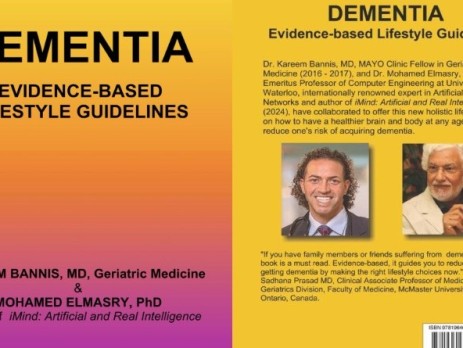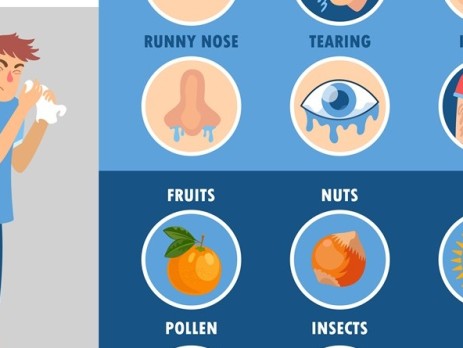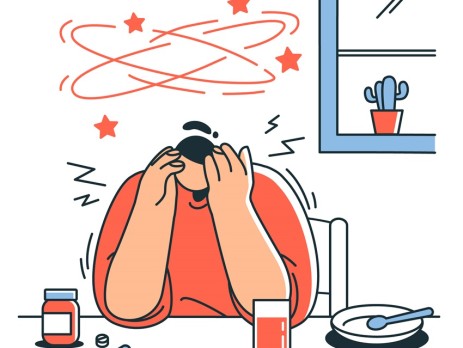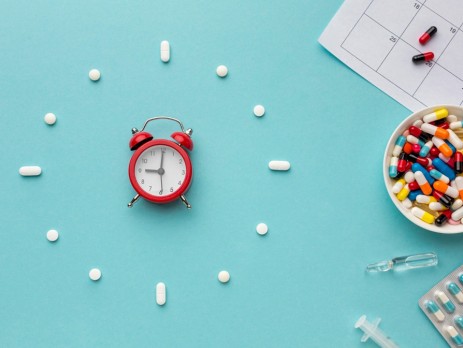Springing Into Allergy Season
As the days grow warmer and flowers bloom, many people welcome the arrival of spring. However, for millions, this season also brings the unwelcome return of allergies. Seasonal allergies, often called hay fever or allergic...
What Could be Behind Your Dizziness?
Dizziness is a widespread symptom that many individuals experience at some point in their lives. It is often described as a sensation of lightheadedness, unsteadiness, or a feeling that the surroundings are spinning (vertigo).
Cutting Cancer Risk with the Mediterranean Diet
Adopting a Mediterranean diet could significantly reduce the risk of developing obesity-related cancers, offering potential protection beyond weight management alone.
The Connection Between Obesity and Cancer
Obesity is a well-established risk factor for several...Thriving in Winter : Boosting Your Mental Health
As the days grow shorter and temperatures drop, many people experience a decline in mental well-being, commonly referred to as the "winter blues." For some, this seasonal dip in mood is mild, while for others,...
Canadian Pharma Faces Uncertainty with US Tariffs
The recent announcement by President Donald Trump regarding the imposition of a 25% tariff on all imported goods, including pharmaceuticals, has raised significant concerns within the Canadian pharmaceutical manufacturing industry.
Improving Drug Adherence for Older Patients
Medication or Drug adherence refers to the extent to which a person’s medication-taking behavior aligns with the recommendations provided by their healthcare provider. Adherence to medications averages around 50% among patients with chronic diseases. This...
What You Should Know About Carpal Tunnel Syndrome
Carpal Tunnel Syndrome (CTS) is a common condition characterized by pain, tingling, and numbness in the hand, particularly at the base of the palm. This condition results from compression of the median nerve as it...
Your Guide to Winter Vitamin D Levels
As we find ourselves in the heart of winter, with shorter days and colder temperatures, maintaining adequate vitamin D levels becomes increasingly important. Often referred to as the “sunshine vitamin,” vitamin D plays a vital...
Baby Doll Therapy for Dementia Care
Five years into his Alzheimer’s and Dementia diagnosis, David Rothman had lost the ability to communicate. Silent and unresponsive, he seemed unreachable. But in 2023, a serendipitous moment changed everything. While in the lobby of...










